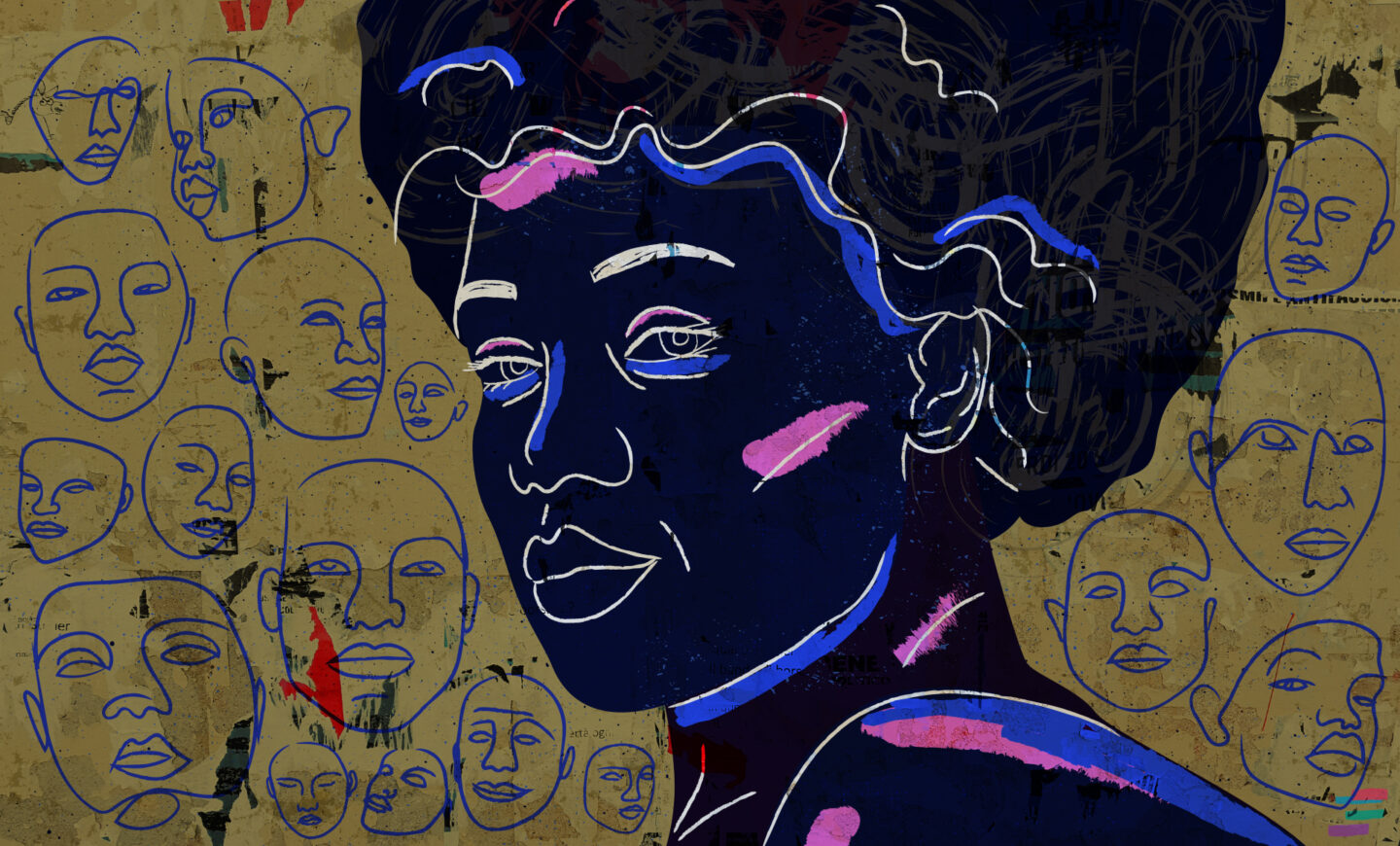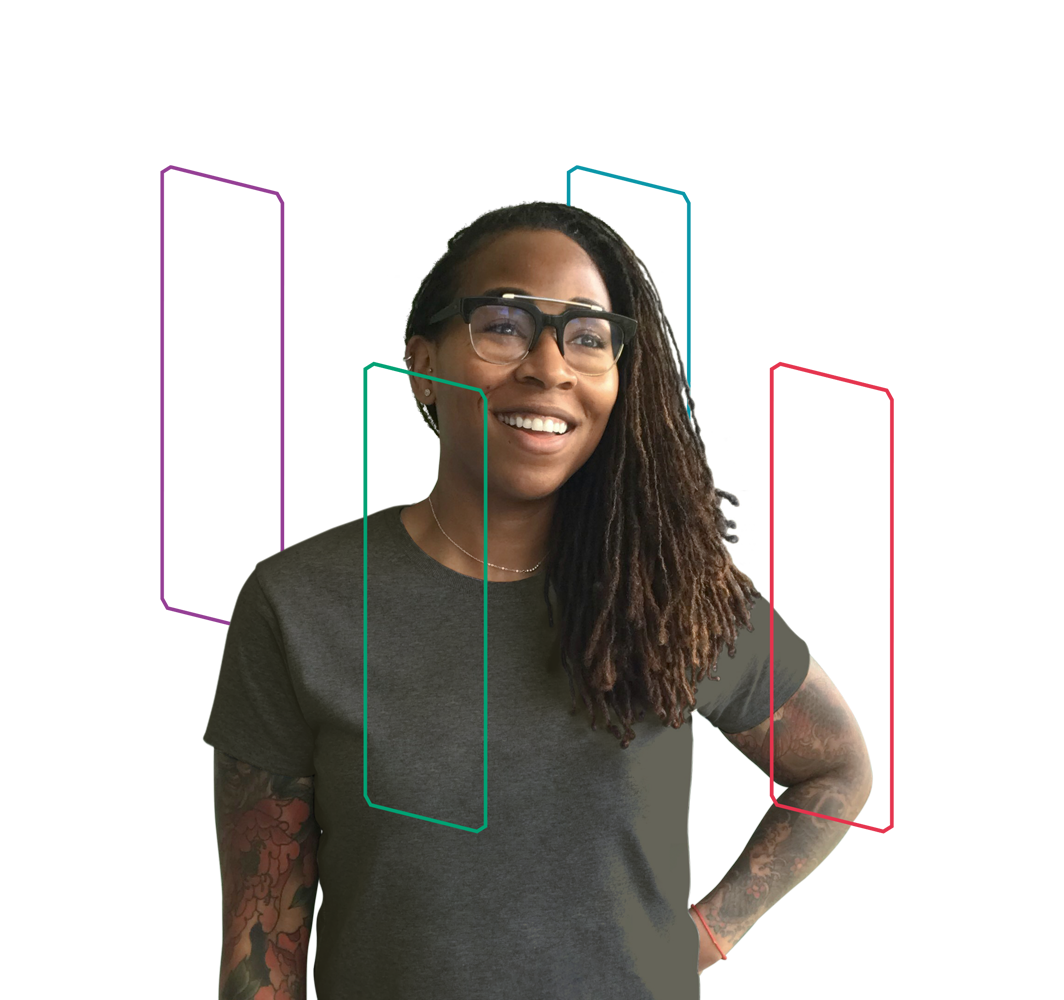“When COVID-19 first started and more of the data started to emerge about the disparities among Blacks and other populations of color, I was really disturbed by some of the narrative. To me, the discussions in articles and opinions in the newspapers seem to blame Blacks for their poor health outcomes. I heard things such as, ‘Oh, we know that COVID-19 mortality is higher among people who have diabetes, obesity, underlying lung disease, et cetera.’ And we know those things to be true, but what was missing in the literature that was most disturbing to me was that there wasn’t an acknowledgement regarding why.”
Are nurses contributing to the false narrative that Blacks (and other people of color) are to blame for their own deaths?
This is a big, meaty and kind of intimidating question — one we are grateful to Lovoria Williams, family nurse practitioner, associate professor at the University of Kentucky, and president of the Kentucky Chapter of the Black Nurses Association, for digging into with us.
The pandemic has put a major spotlight on health inequity and care disparities, and as nurses, we can’t look away. When the health care system reorients post-pandemic, this conversation has to continue.
Because the statistics are striking, medical bias is real, and every nurse has to acknowledge and understand the health inequities many of our patients face.
Let’s get specific:
Latinos and Blacks are three times as likely to become infected with COVID-19 as white Americans, and Blacks are almost four times more likely to die from it.
This is staggering, especially when you put numbers behind it — if Blacks had died of COVID-19 at the same rate as whites, about 16,000 more Black Americans would still be alive (and this is a statistic from July!).
But that’s the what. In this episode, we talk about the why.
“Why is it that the Blacks have more obesity, diabetes or cardiovascular disease? It’s because of the structural racism, the health inequities that have persisted across this country for 400 years.”
The health consequences of racism, the realities of medical discrimination, health inequities — all of these come together, putting people of color at higher risk for severe illness and death, especially during public health emergencies. Lovoria has seen this playing out in real time due to the pandemic.
“This individual can’t socially distance when they live in a home with several generations, and the young adults are having to go to work, and they’re working in front-line positions, and they’re coming home — and the house simply isn’t large enough to accommodate social distancing.”
But the media wasn’t talking about these issues in the beginning of the pandemic. Health care workers weren’t even talking about them. The narrative was that COVID-19 hit communities of color harder because of other underlying health conditions. But as an expert in health equity and unconscious bias in health care, Lovoria knew there was more to the story. As she told us, you can’t talk about the social determinants of health without talking about racism.
“It’s the why … People of color are more likely to be obese. They’re more likely to work regarding COVID-19 at front-line positions. They’re more likely to have diabetes. They’re more likely to live in neighborhoods that have food deserts. And that begs the question. Why is that? And you can’t discuss the why of that without going back 400 years.”
These aren’t easy conversations to have, and it’s another reason why having people at the table who reflect a broader set of experiences is so beneficial. Often, the issue isn’t intentional bias. Many of us work in an environment where our exposure to other cultures and backgrounds is limited — and this makes it difficult to develop solutions that are inclusive.
But without digging deeper into the underlying narrative, and our own conscious and unconscious beliefs, we’ll never be able to truly provide culturally competent care to our patients of color.
Nurses see so much — but there’s always room to widen our perspectives. And as COVID-19 has shown, that cultural context can truly be the difference between life and death.
About the guest
Lovoria Williams knew that she wanted to be a nurse from the time she was a young girl growing up in the South. Fast forward to 2020, and she’s done everything from critical care nursing, to caring for veterans, to earning multiple advanced degrees in nursing, to teaching other nurses, and leading the charge for evidence-based community nursing interventions, in order to improve health outcomes for Black patients. She’s a family nurse practitioner, an associate professor at the University of Kentucky and the president of the Kentucky Chapter of the Black Nurses Association. Lovoria’s clinical practice serves veteran, unhoused and nicotine-dependent patients, and her career is one built around clinical care and research, focused on shifting the longstanding health inequities in this country. She’s a boots-on-the-ground, proven change-maker — her research focuses on delivering community-based behavioral interventions to reduce health disparities among minority and medically underserved populations. Throughout the COVID-19 pandemic, Lovoria has continually spoken out and looked for ways to activate nurses as agents of sustainable change.


